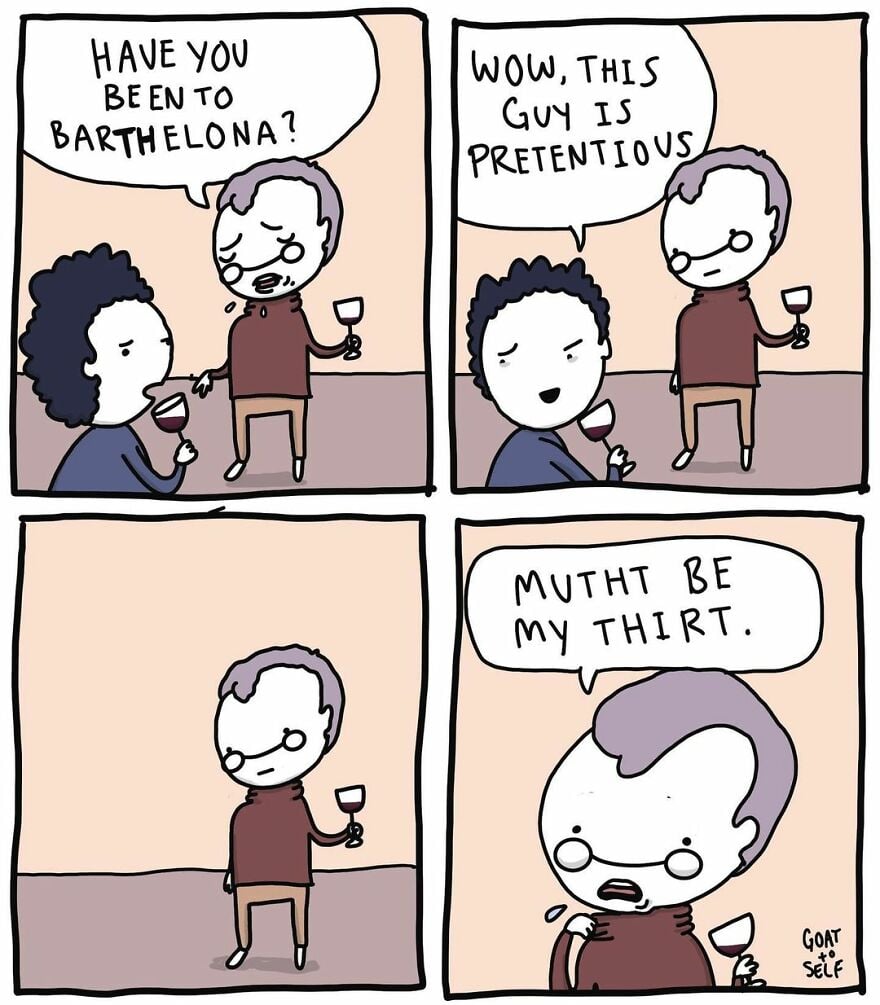this post was submitted on 07 Jan 2025
609 points (96.1% liked)
Comic Strips
13100 readers
3982 users here now
Comic Strips is a community for those who love comic stories.
The rules are simple:
- The post can be a single image, an image gallery, or a link to a specific comic hosted on another site (the author's website, for instance).
- The comic must be a complete story.
- If it is an external link, it must be to a specific story, not to the root of the site.
- You may post comics from others or your own.
- If you are posting a comic of your own, a maximum of one per week is allowed (I know, your comics are great, but this rule helps avoid spam).
- The comic can be in any language, but if it's not in English, OP must include an English translation in the post's 'body' field (note: you don't need to select a specific language when posting a comic).
- Politeness.
- Adult content is not allowed. This community aims to be fun for people of all ages.
Web of links
- !linuxmemes@lemmy.world: "I use Arch btw"
- !memes@lemmy.world: memes (you don't say!)
founded 2 years ago
MODERATORS
you are viewing a single comment's thread
view the rest of the comments
view the rest of the comments

When Spain invaded Latinamerica, they recorded the language of the natives phonetically but there were a lot of sounds that didn't have an Spanish equivalent so they just wrote X for all of them and now they're trying to retroactively fix the spelling of several words so you're kinda right. For example, Spain insists México is spelled Méjico.
Edit: Apparently, as of recently, Spain no longer insists México is spelled Méjico but still keeps it around as a correct spelling (it's not, it's literally only them).
That sounds interesting, do you have a source? I'd like to learn more.
I've read that in ancient Spanish the letter X had in some cases the sound that the letter J has in modern Spanish, therefore the spelling of some words changed accordingly: Don Quixote is Don Quijote in modern day Spanish.